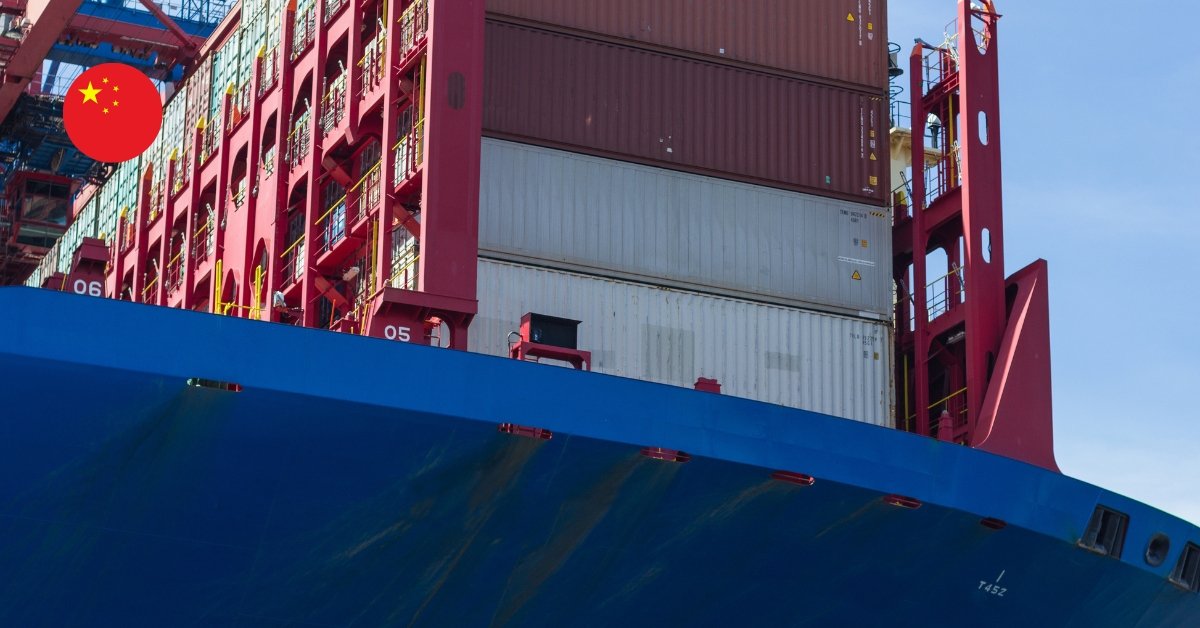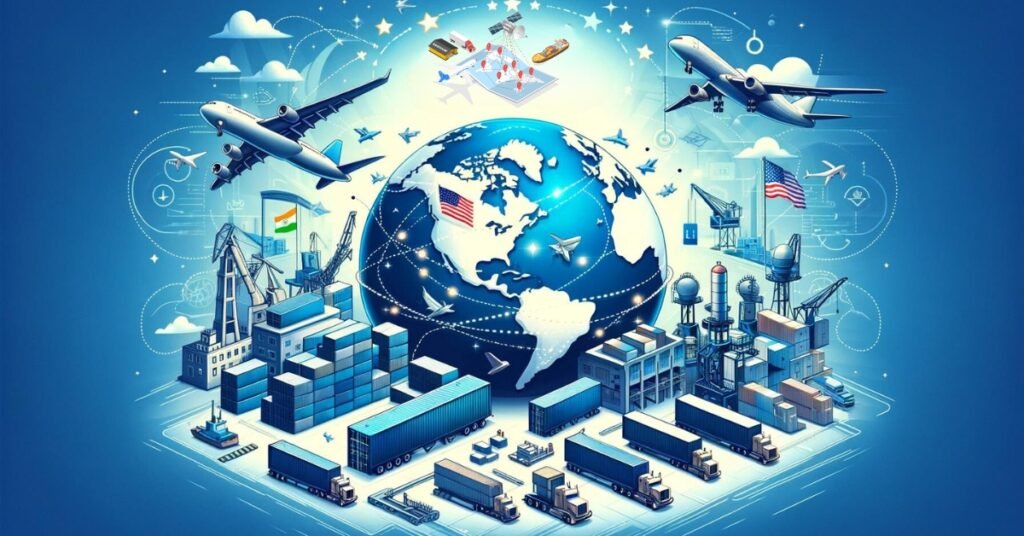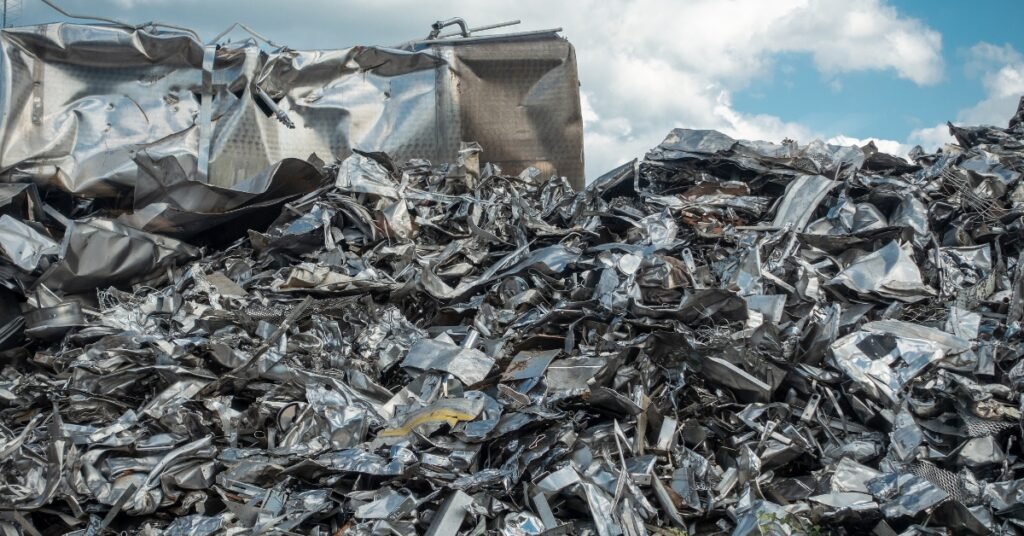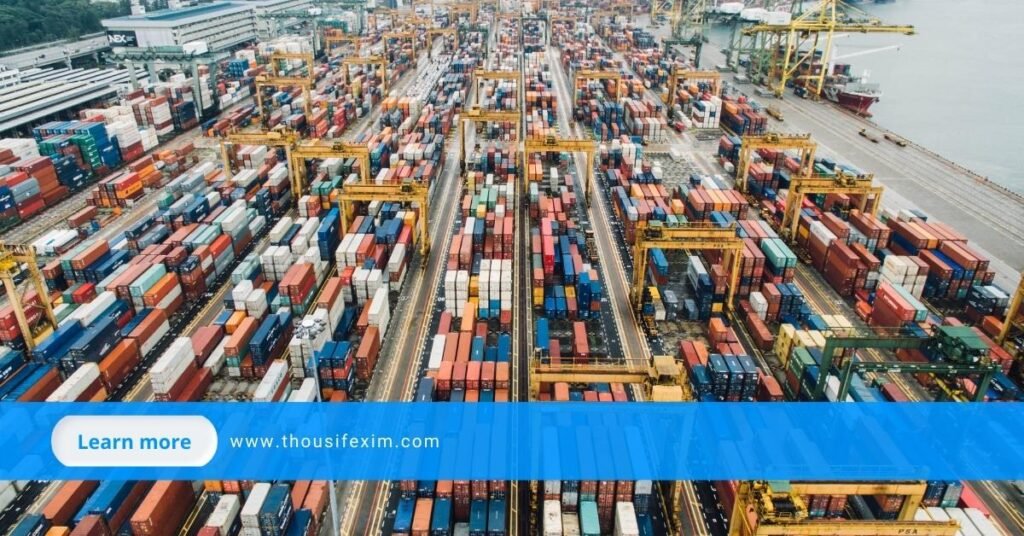Free Trade Zones (FTZs) were created in China for several reasons, mainly to boost economic growth and development, attract foreign investment, and promote international trade.
Free Trade Zones China
Some of the key motivations behind their establishment include:
Economic reform and opening up: FTZs were part of China’s strategy to open up its economy to the rest of the world, starting with establishing the Shenzhen Special Economic Zone (SEZ) in 1980. These zones allowed China to test market-oriented reforms and gradually liberalize its economy in a controlled environment.
Attracting foreign investment: By offering preferential policies, such as tax breaks, streamlined regulations, and improved infrastructure, China aimed to attract foreign investors to set up operations in these zones. This brought much-needed capital, technology, and managerial expertise, which helped develop the domestic economy.
Promoting international trade: FTZs were designed to encourage exports and imports by simplifying customs procedures, reducing trade barriers, and offering various incentives for businesses involved in international trade. This helped China integrate more fully into the global economy and become a major player in international trade.
Encouraging regional development: The establishment of FTZs in different regions of China aimed to spur economic development by attracting investment and promoting industrialization. This helped reduce regional disparities in economic growth and fostered balanced development across the country.
Experimenting with economic policies: FTZs have also served as testing grounds for new economic policies, regulations, and reforms before they are implemented nationwide. This has allowed the Chinese government to assess the impact and effectiveness of these policies and make necessary adjustments based on the outcomes observed in the FTZs.
In summary, the creation of Free Trade Zones in China aimed to foster economic growth, attract foreign investment, promote international trade, and experiment with new economic policies in a controlled environment.






